Extract from Reply by David Irving [Plaintiff] to the “Defence” served by Deborah Lipstadt in his Libel Action
See too: Rudolf Hess’s use of the word in May 1935 Himmler’s use of the word, February 1944. |
(32) (i) THE DEFENDANTS falsely aver that on December 14, 1941 Alfred Rosenberg noted after a conversation with Hitler, ‘Ich stand auf dem Standpunkt von der Ausrottung des Judentums nicht zu sprechen‘, which the Defendants falsely and speciously paraphrase as being Rosenberg recommending that nothing be said (in a forthcoming speech) about the extermination of the Jews.(ii) The Defendants correctly state that the Plaintiff confined a summary of this conversation to a footnote at page 356, and translated the German sentence as: ‘I said I took the view that I shouldn’t mention the stamping out of Judaism.’ (iii) The Defendants point out that when the German noun Ausrottung is used in connection with the extermination of the Jews but not attributed to Hitler the Plaintiff translated it as ‘extermination’ (e.g. in HITLER’S WAR at pages 867 and the footnote at pages 575–76). At page 867 of HITLER’S WAR the Plaintiff indeed quoted a news reports forwarded by Himmler’s adjutant to Ernst Kaltenbrunner’s office: ‘On the instructions of the Reichsführer SS I am transmitting herewith to you a press dispatch on the accelerated extermination [Ausrottung] of the Jews in Occupied Europe.’ The Plaintiff clearly inserted the German word in brackets because he was hesitant about using that translation of the word and wanted expert readers to know the German original. In the note in HITLER’S WAR at page 576, there was no doubt as to the proper translation being ‘extermination’, as Himmler had himself defined what he meant by the word Ausrottung — ‘I did not consider myself justified in exterminating the menfolk — that is to kill them or have them killed — […]’ This passage indicates incidentally how ambiguous the word could be at that time: speaking to the Nazi gauleiters on October 4, 1943, even Himmler had to explain what he meant by ausrotten. (The whole passage has been promoted to the main text of the new edition, at page 590). |
|
|


